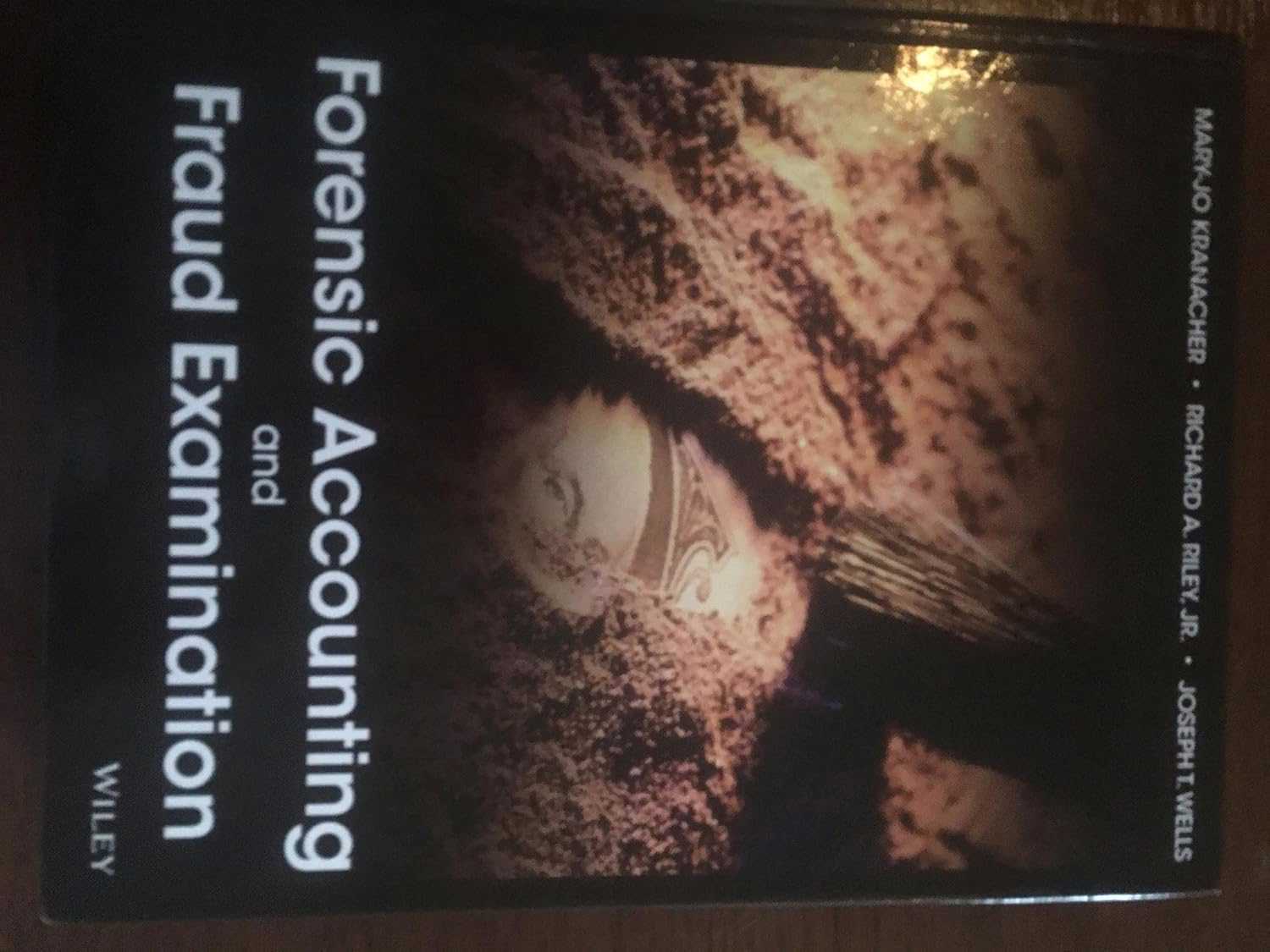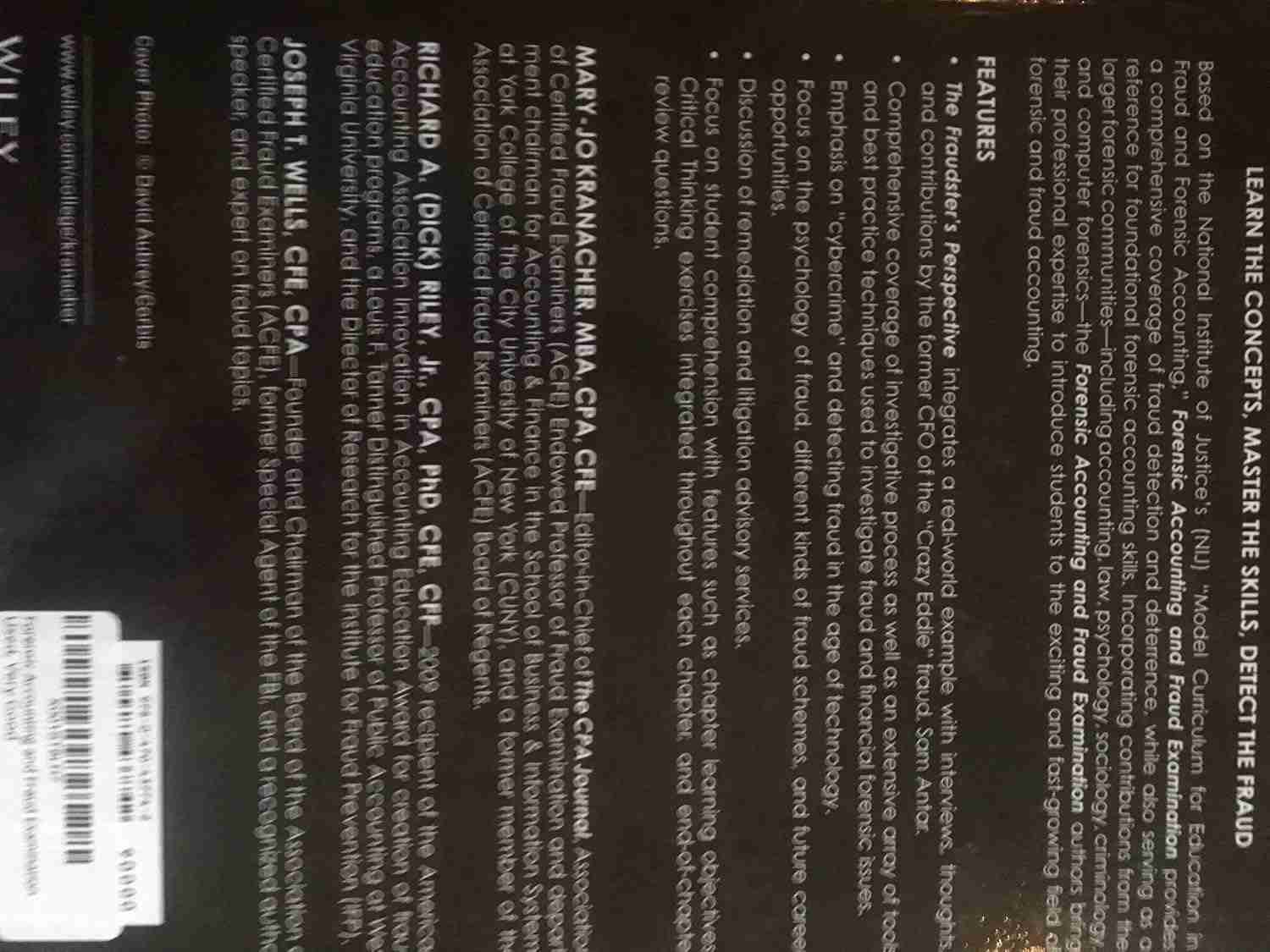

Let me start by saying this textbook surprised me. As someone who initially groaned at the thought of a 'required reading' forensic accounting book, I found myself actually highlighting sections like it was a crime novel.
The good: The authors have a knack for making complex fraud schemes digestible. I caught myself muttering 'wow, people actually do that?' more times than I'd admit in polite company. The case studies on embezzlement and financial statement fraud were particularly eye-opening - though I do wish they'd included more recent digital fraud examples.
The not-so-good: Some chapters feel like they were written in the pre-Excel era. The tech sections desperately need updating to cover cryptocurrency scams and modern forensic software. Also true to textbook form, there are dry patches that required extra coffee to power through.
Surprise highlight: The chapter on interview techniques for fraud investigations was unexpectedly fascinating. I may have practiced my 'detective stare' in the mirror after reading it.
Final verdict: Would I buy it again? For a class - absolutely. For casual reading? Only if you're really into following money trails. It's like CSI for accountants - sometimes slow, but with moments that make you feel like you're solving financial crimes alongside the pros.

